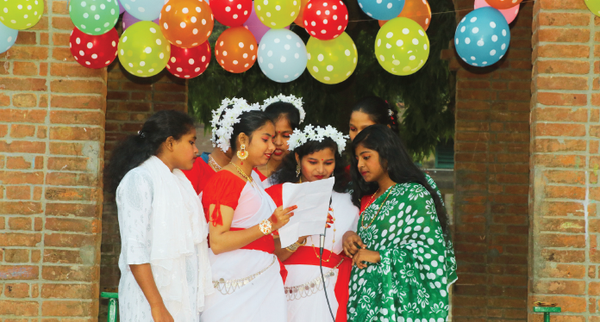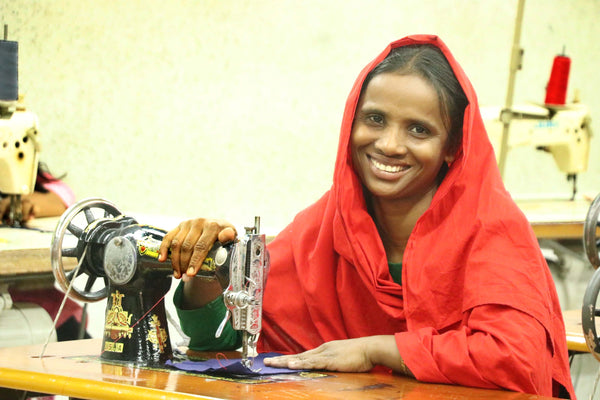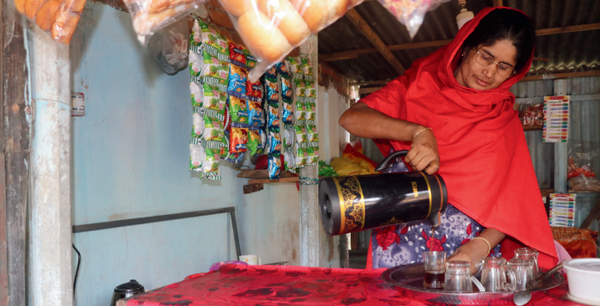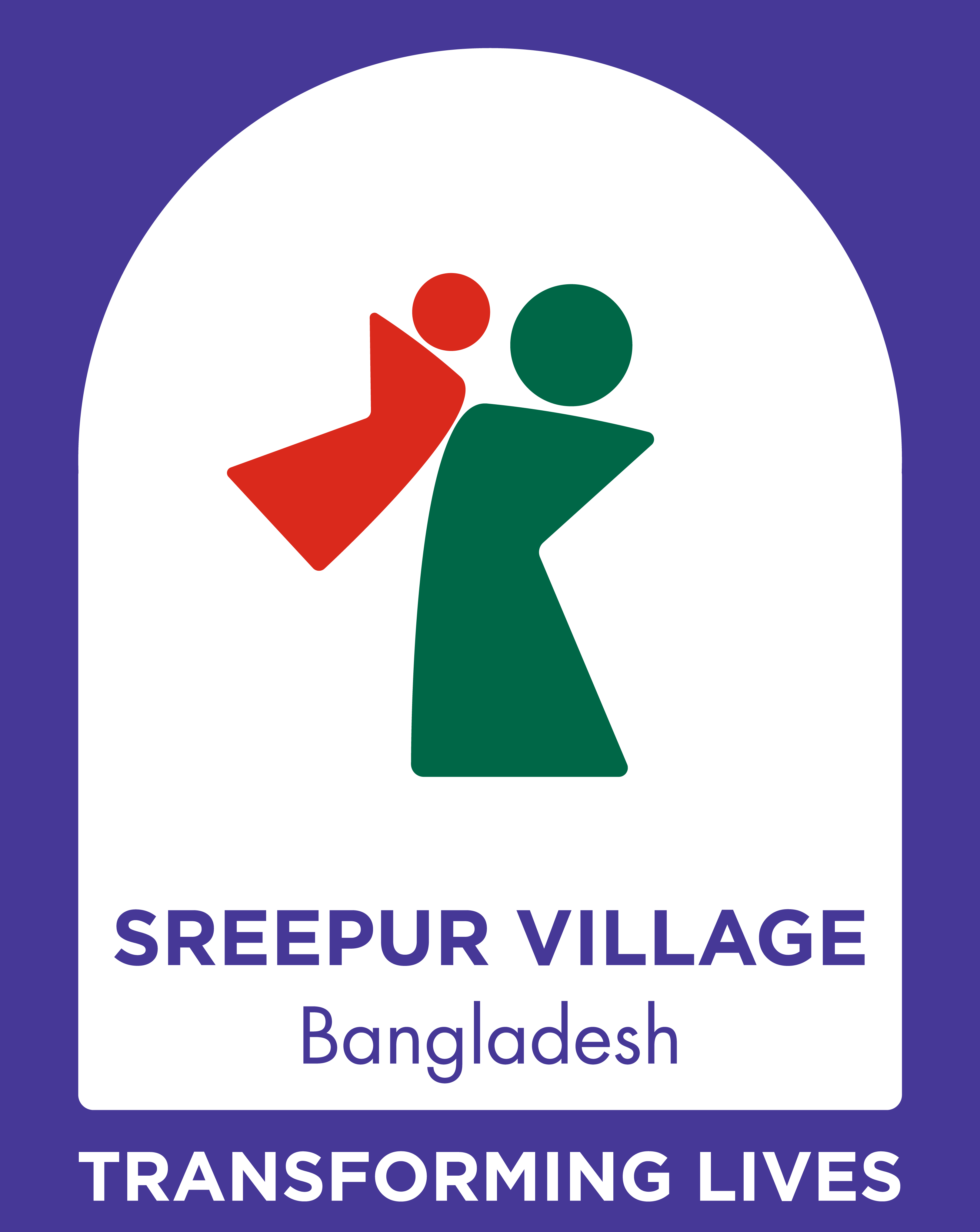Nutrition and Hydration Week
Living in a remote village in Bangladesh’s Sunamgaj District, Runu Bala struggled to feed her three children. Without land and living near to Tanguar Haor - a large wetland area in North-Eastern Bangladesh that gets flooded for five to six months of the year - it was hard for Runu to grow vegetables or other crops. Vegetables are an essential source of nutrition for a sound and healthy body, but in Bangladesh, two out of every three children born are underweight due to malnutrition.
In Bangladesh, many mothers, like Runu, don't have enough land to cultivate vegetables conventionally. Sack gardening does not require much space and a variety of vegetables can be grown according to need and taste. The bags are also easy to move, which is important for families living on 'char' lands (River Island) and riverbanks, who are often forced to move as their villages become flooded. The large majority of our mothers come from the Char area.

In November 2017, The Sreepur Village began the sack gardening programme which aims to teach the mothers how to grow vegetables in sacks so, that in the future, when living independently, they can confidently meet the nutritional demands of all the family. At the same time, we incorporated this training with the literacy programme so that the mothers could learn both gardening and literacy simultaneously.

After three months, the mothers were able to produce, in sacks, tomato, chilli, turnip and cauliflower. We also taught them how to grow leafy vegetables which are very nutritious and are grown without the use of any inorganic fertilisers. Some days ago our mothers collected their crops and brought them to our big dining hall where all the beneficiaries eat their three daily meals. Like Runu, the other mothers were also very happy and proud to have produced their own vegetables and are now optimistic that, in the future, they will be able to grow the vegetables for their family meeting all their nutritional needs.

In the farming area of The Sreepur Village we are able to produce 30% of the vegetables needed to feed our mothers and children. Our diet chart was researched by the Institution of Food and Nutrition Science-IFNS, University of Dhaka. Analysing the mothers and children health and nutrition status, they provided us with a meal chart that follows a nutritious and healthy diet.

We produce organic vegetables for our mothers and children and, at the same time, offer training in Sack Gardening so that in the future these mothers do not have to live in the fear of not being able to feed their children or themselves.
Leave a comment
Also in News

The Route to Happiness

Bobita's Story of Resilience and Determination
In 2020 after her husband left her for another woman, Bobita was welcomed at Sreepur Village, the only residential organisation in Bangladesh to offer long-term training and development to mothers while ensuring they remain together with their children

Transforming Kulsum's Life.
When life took a difficult turn with her husband falling ill and struggling to support the family, Kulsum faced challenges that seemed insurmountable. Despite seeking help from her family, the situation remained incredibly tough. However, the introduction to Sreepur Village and the assistance provided by the organisation marked a turning point in Kulsum's life.
